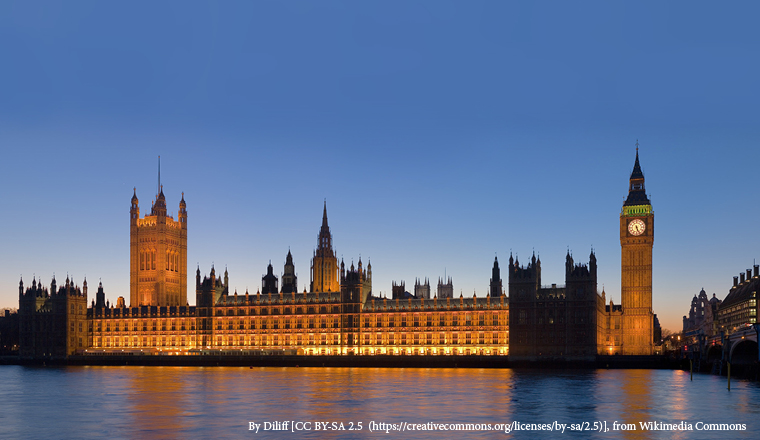Garanti Bank sold the first gender-linked bond from an emerging market issuer this year, and the Turkish bank is optimistic that the popularity of the socially conscious financing tool is due to grow.

25 April 2024

Garanti Bank sold the first gender-linked bond from an emerging market issuer this year, and the Turkish bank is optimistic that the popularity of the socially conscious financing tool is due to grow.

HSBC has made a trio of hires to its global digital team, with the bank bringing in three executives from outside the financial sector as it looks to press further into retail banking technology.

Another African corporate turns to the LSE – West Africa’s first local currency bond lists in Ghanaian cedi.

The World Bank is supporting the nascent liberalisation of the Ethiopian economy.

Kuwait has been reclassified as a secondary emerging market by the FTSE Global Equity Index, an upgrade from unclassified that is expected to bring up to US$1bn of foreign investment into the country.

Jacco De Jong and Sunil Senapati join the company at a time of expansion, with ever more global clients seeking to digitise their paper processes.

Following Brexit, the UK may need to sever ties with the European Investment Bank (EIB). But what will that mean for businesses that currently receive essential EIB financing?

A pioneering block chain-based bond issue by the World Bank uses blockchain-based ‘smart contracts’.

Luxembourg has created what it calls the first law globally to establish a green covered bond, as regulation around environmentally responsible investing continues become more refined and definitions standardised.

As climate change analysis grows in importance, the data analytics startup has secured a CHF 1.7 million investment and appears well positioned for success.

An important innovation in cross-border payments brought new transparency and real-time reference to transactions long overdue and much needed.

Comprising data scientists and mathematicians, the new team will be tasked with incorporating artificial intelligence into SmartStream’s solutions.